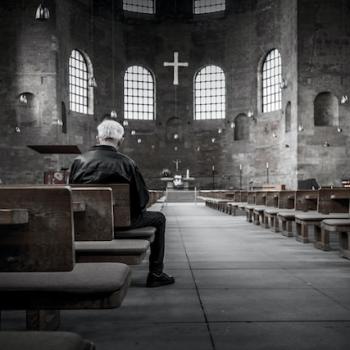
One of the thousands of downsides to shelter-in-place orders is the dwindling list of binge-worth Netflix titles on my “must watch” list. It appears that I’m watching them faster than the studios can get them out. What’s a girl to do? While I hate to reread novels on principle – there are too many good books out there for that – I’ve decided to re-watch streaming series that I’ve loved in the past. Lord knows I have the time.
Now in the time of cholera . . . I mean coronavirus . . . my interests lie only in comedy. No tragedy or drama for me, not now. If I wanted heart-breaking stories of illness and loss, I’d just read the news. I’ve had quite enough of that for now, thank you very much.
My Play-It-Again-Sam TV series right now is Schitt’s Creek, a hilarious – deceptively intriguing -comedy from the Pop TV network in Canada. Season 6 is the show’s last, its final episode having been filmed just this week. Sadly, I don’t have access to that station, so I must patiently hope that Season 6 to make its way to Netflix before too long. In the meantime, I’m scarfing up the first five seasons like they were the last five rolls of toilet paper at Kroger.
Schitt’s Creek is the story of the Roses, a family of great wealth and privilege, who lost it all at the hands of a fraudulent accountant. Their only saving grace is that Johnny Rose, the family patriarch, purchased a town for his adult son some years back as a joke for his birthday, the unfortunately named Schitt’s Creek. Destitute and with no other options, the Roses relocate to the motel in this blighted town, hoping for a quick return to the good times they once enjoyed.
But salvation is out of reach.
Or is it? At the beginning of the show, each member of the Rose family appears to be shallow, entitled, and completely self-absorbed. But over the course of five seasons chronicling outrageous escapades and larger-than-life personalities, something strange happens to this family. Some may call it “growth” or “maturity.” “Salvation” might be another word for it.
At first, the Roses deny that their predicament is anything more than temporary. Surely their own ingenuity, status in the community, and wealthy friends will make this unpleasant episode go away. But no.
Instead, they sleep in bug-infested motel rooms prone to ceilings that leak and toilets that don’t flush. They share one car – once they can acquire one. Before that time, they can only beg, borrow, and steal when transportation is needed. They learn that those they thought were dear friends have moved on, throwing the Roses overboard as unnecessary baggage on their ascent up the social ladder. They accept blue collar jobs. They are thrust into embarrassing circumstances. They swallow their pride . . . over and over and over.
The thing I love most about this show is the gradual transformation of the characters over time. The show’s brilliance is in their subtle evolution in depth and wisdom in the context of laugh-out-loud antics and absurd situations. All the Roses become a better version themselves while still retaining their unique quirkiness. And over time, they become a true family unit.
In my mind, Schitt’s Creek is no morality play, no children’s allegory. It’s far subtler and more understated than that. It’s a hilarious yet meaningful story of fictional characters whose flaws and vulnerabilities feel very real to me despite their hair-brained schemes and over-the-top personalities.
Sound familiar? It should. The Roses are us. We’re all up Schitt’s Creek. We all must endure life’s indignities and disappointments, its failures and misfortunes. At one time or another – and usually many times over – we all get schitt on.
But therein lies our salvation. Once the Roses let go of their reliance on money and status, they find their way to authentic relationships, meaningful work, and the value of community. Ironically, the Roses are saved by their own destruction. It’s a modern-day binge-worthy celebration of the Paschal Mystery.
Bottom line – we’re all up Schitt’s Creek. We’re all screwed. But that’s exactly the point. On this strange Easter Sunday in the midst of a pandemic, it seems to me that it’s only through the experience of death that new life becomes a real possibility. As with any “rose,” the seeds of transformation need a fair amount of schitt before they bloom.











